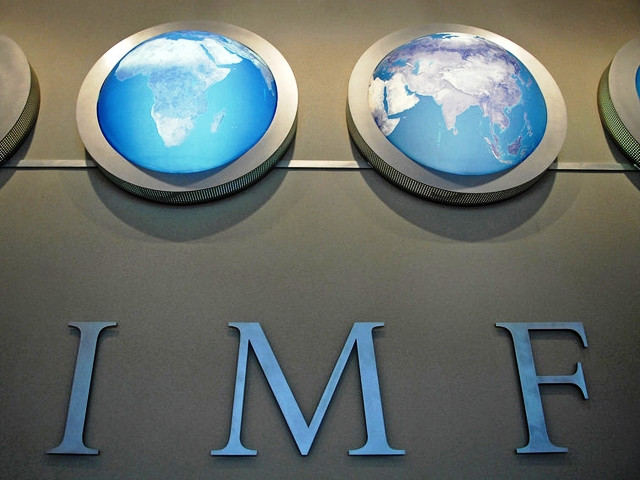IMF delegation extends visit
Pakistan may notify power tariff increase, withdraw tax exemption in 48 hours.

Pakistan and the International Monetary Fund (IMF) seem to have made some headway in their talks, as the Fund on Tuesday agreed to extend its visit for a couple of days after getting an assurance from Islamabad that it will immediately notify an increase in power tariff and withdraw sales tax exemptions on certain items.
The dramatic development took place within an hour after the IMF delegation formally concluded talks in the evening and decided to issue a statement from Washington. Finance Minister Dr Abdul Hafeez Shaikh and Adnan Mazarei, the IMF’s assistant director for Middle East and Central Asia, announced the extension in the IMF delegation’s visit.
“We expect the talks to continue for another two to three days, as the IMF has extended the mission for three days,” said Shaikh. According to the earlier plan, the delegation that came on March 1 was supposed to fly back on March 9.
An insider claimed that the parties agreed to continue talks after Washington’s intervention - an assertion that could not be verified. Finance ministry sources told The Express Tribune that the government has assured the IMF that it will increase the power tariff by at least two to six per cent within a couple of days and withdraw sales tax exemptions on certain items –– the pledges again dependent on the political leadership’s willingness to deliver. It is yet to see whether the government will deliver on the promises as the Muttahida Qaumi Movement has again locked horns with the Pakistan Peoples Party after Sindh Home Minister Zulfiqar Mirza’s controversial statements.
“These are serious discussions and there are things that need to be done to meet the challenges being faced by Pakistan,” said Mazarei. Important measures need to be taken to put the economy back on track, he said. For that discussions need to continue.
Mazarei said it was not up to the IMF to decide the calendar to implement the agenda, as the decision has to be taken by the Pakistani authorities.
Dr Shaikh said the focus of the talks was to improve the fiscal framework, control expenditures and to keep the economy on a stable growth path.
A finance ministry official told The Express Tribune that this time the IMF was not ready to rely only on promises and asked Pakistan to demonstrate the will to fulfill them.
As a test case, the IMF has asked Pakistan to reduce power subsidy by increasing the electricity tariffs with immediate effect.
The official said that after failing to notice any development, the Fund decided to issue a relatively harsh statement exposing Islamabad’s strategy of only making promises while doing nothing.
He said Pakistan was successful in not letting the Fund completely close the window despite dismal performance during the last year. But, he said, the Fund would not restore the $11.3 billion suspended programme without implementation of the Reformed General Sales Tax. The official said that the IMF wanted to take certain measures to ensure that Islamabad is not completely off track.
Hinting towards progress on winning more fiscal space through increasing the budget deficit limit, the finance minister said, “Our goal is try to keep the budget deficit in the range of 5 per cent plus.”
Earlier, the agreed budget deficit limit with the Fund was 4.7 per cent of the total size of the economy or Rs803 billion.
Published in The Express Tribune, March 9th, 2011.



















COMMENTS
Comments are moderated and generally will be posted if they are on-topic and not abusive.
For more information, please see our Comments FAQ